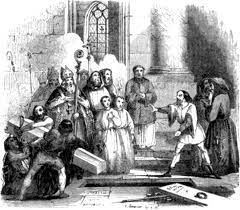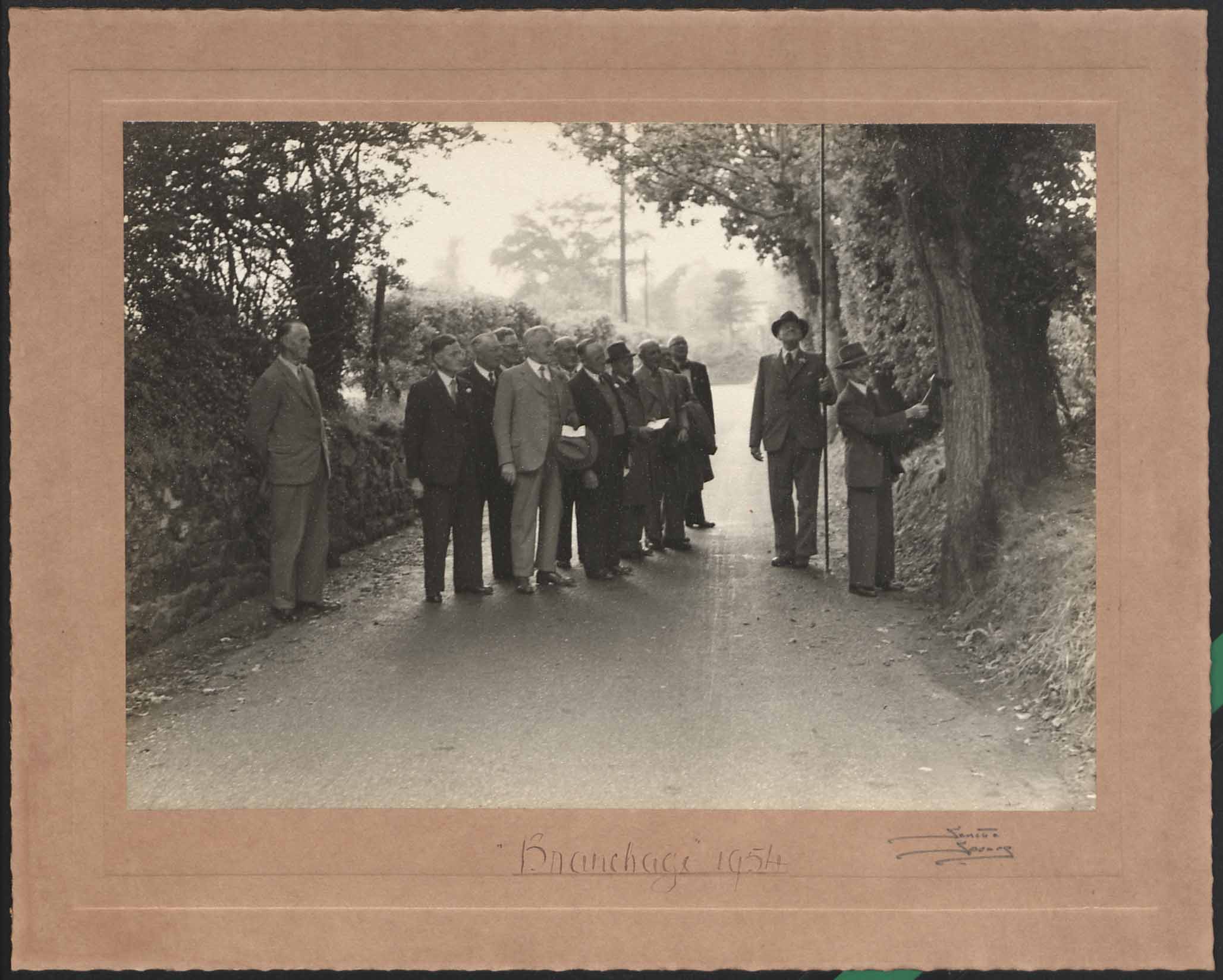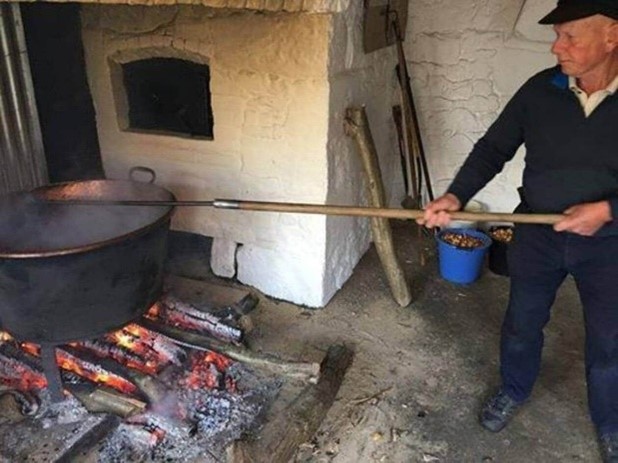933
Jersey is annexed to the Duchy of Normandy by the Duke William Longsword
1066
Jersey becomes part of the Kingdom of England after the conquest of England by the Duke of Normandy, William the Conqueror
1204
Jersey becomes independent from continental Normandy by swearing allegiance to King John of England, while continental Normandy is integrated to the Kingdom of France
1337-1453
Jersey serves as the first line of defence against the French during the Hundred Years War
1461-1468
France rule Jersey during the War of the Roses
16th to 17th centuries
Huguenots – a religious group of French Protestants - flee the French Wars of Religion
1781
French forces attempt to invade Jersey
1850-1950
The Island specialises in agricultural production, attracting substantial French diaspora
1973
Jersey becomes part of the EU Customs Union, gaining free movement of goods, through Protocol 3 of the UK’s accession to the EU
2004
Jersey celebrate 800 years of independence
2016
Referendum in the UK on whether the UK should withdraw from the European Union
2020
Jersey’s formal relationship with the EU under Protocol 3 comes to an end on 31 December 2020
2021
The EU-UK Trade and Cooperation Agreement enters into force; covering the relationship between Jersey and the EU in relation to trade in good and access to fisheries resources
2022
Jersey’s new Government makes France a top priority country to reinvigorate links with the island’s closest neighbours
The UK exit from the EU have had consequences on Jersey links with France and the island’s connectivity with France which was severely impacted by Brexit. Also, restrictions were implemented for immigration, allowing EU nationals to come to Jersey only if they hold a valid passport. On 7 March 2023, the Government of Jersey launched a pilot scheme allowing French citizens to come on an ID card for daytrips only from 22 April to 30 September. More information is available on the Jersey Customs & Immigration Service website.
Jersey’s Government is determined to encourage links with its closest neighbour in a variety of areas as the following sections will demonstrate.
How historic links can be seen and felt in the Jersey of today:
As part of the Channel Islands, Jersey remains a living heritage of the Duchy of Normandy. We can feel it through traditions, family history, language, and law. Without necessarily knowing it, our Norman and French heritage is part of the everyday life of our Island.
Here are a few examples of our French heritage in 21st century Jersey:
- A small French diaspora still lives on the Island (mainly originating from Normandy and Brittany) and many Jersey names are of French origin, such as Renouf, Ozouf, Morel, Le Cornu, De la Haye, Le Feuvre and Le Maistre. For research on Jersey family names, you can visit the Jersey Heritage website.
- Our French heritage is also evident in our Parishes - Saint Helier, Saint Brelade, and Grouville - as well as the names of hamlets scattered around the Island, such as Les Landes, Grève de Lecq, and Rozel.
- Jèrriais, the official language of Jersey, deriving from the Norman language is still spoken in the island and a key cultural component of our Island community. It is promoted and supported by the Government’s Jèrriais Language Strategy.
- French is one of the island’s official languages (alongside English and Jèrriais) and is used mainly for legal documents. The use of feudal terms issued from the Norman language such as Connétable (Constable) and Bailli (Bailiff) show the Norman regional influence in Jersey.
- The Channel Islands are the only places in the world which have managed to sustain and adapt Norman Customary Law to this day. In order to access the Jersey Bar, lawyers still undertake a course in Jersey Law with elements of Norman Customary Law, delivered by the Jersey Institute of Law since the 1990s. Before that, this course was provided by the University of Caen (as is still the case in Guernsey).
- The King of England is still recognised as the “Duke of Normandy” in the Channel Islands, a tribute to the former Duchy of Normandy. When raising a glass in honour of a special guest, we stand up and say in French “Au Roi, Notre Duc”, meaning “Our King, our Duke”.
Jersey’s traditions display our French heritage to this day

‘Clameur de haro’ (Norman tradition of the 10th century)
Should a dispute break out, the aggrieved party can, in the presence of the offender and two witnesses, fall to his knees and cry out: "Haro, Haro, à l’aide mon prince, on me fait tort" (“Haro, Haro, Help me my Prince! I am being wronged”). The effect is immediate: the accused is forced to stop his offence immediately, until the case is judged in the Royal Court. Today, the ‘clameur de haro’ is rarely (but still) used and mainly deals with land/property disputes.

'Visites du branchage’ (from the French “branchage” meaning “branches”)
These visits led by the parish Connétable (Constable) Centeniers (elected senior members of the Honorary Police), Vingteniers (elected member of the Honorary Police) and members of the Roads Committee, aim at ensuring that the vegetation along public roads and footpaths is cut to specific standards.

‘Black Butter’ (“nièr beurre” in Jèrriais)
This traditional recipe made of apples originates from Brittany, Normandy, and Maine. Each autumn, people used to gather to celebrate the end of the apple harvest. Together, they prepared what was called “pommé” by mixing great quantities of apples, apple juice, sugar, spices, lemons, cinnamon and liquorice. For 30 hours, they took turns to stir the mixture in a large cauldron while singing and playing music, creating a friendly and festive atmosphere. At the end, they obtained a brown paste that was then spread onto a slice of bread. Although this tradition did not continue in France, the "black butter festival" is still celebrated in Jersey every year, and ‘black butter’ has become a typical food speciality of the Island.